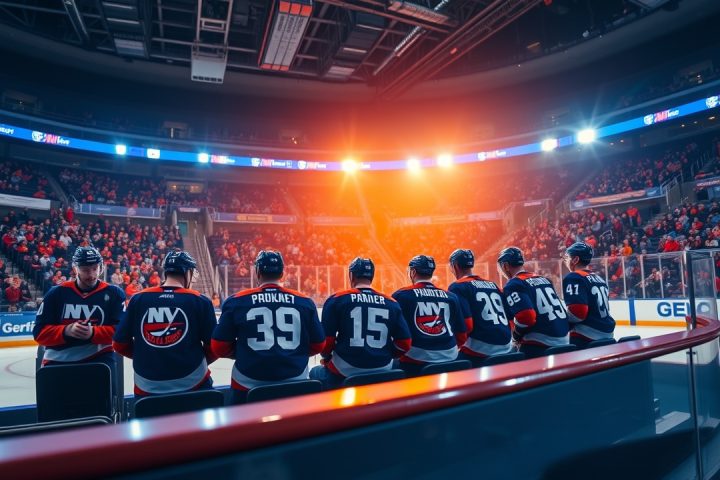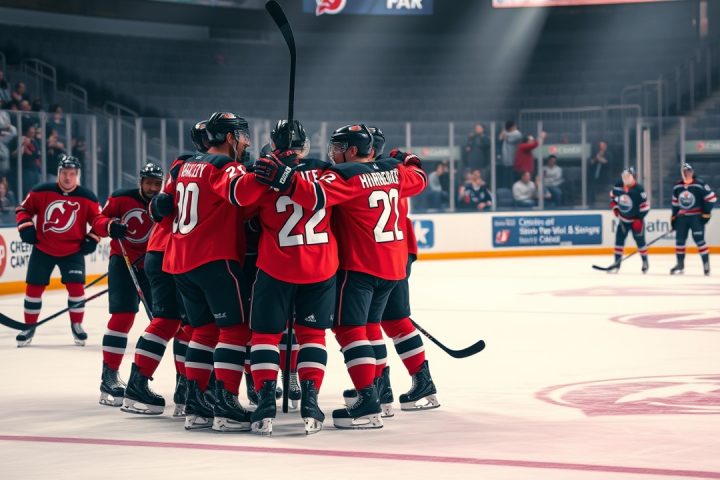NHL and NHLPA Announce New Regulations
The National Hockey League (NHL) alongside the NHL Players’ Association (NHLPA) has announced plans to accelerate the implementation of a playoff salary cap and reforms regarding long-term injured reserve (LTIR) regulations, aiming for the 2025-26 season. This development comes as part of their broader Collective Bargaining Agreement (CBA), which was established in July and is set to run for four years, concluding on September 15, 2026.
Key Changes to Playoff Regulations
According to sources familiar with the league’s operations, general managers will receive updates on the new CBA provisions during their upcoming meetings in Chicago. A notable aspect of the new playoff salary cap addresses previous concerns voiced by players and managers regarding roster manipulation—specifically, how teams have historically leveraged LTIR to exceed regular-season salary constraints while still fielding competitive playoff teams.
Prior to these changes, the Stanley Cup Playoffs were exempt from salary cap limits, enabling teams to reinstate LTIR players at the start of playoffs, often after making additional roster enhancements at the trade deadline. Calgary Flames’ center Nazem Kadri expressed his support for the new regulations, stating that while injuries are unfortunate, the competitive advantage some teams held was significant. Thus, tightening the rules is seen as a positive step forward.
Compliance Rules and LTIR Amendments
Under the new compliance rules, each playoff team must submit a list of 18 players and two goaltenders by 3 PM local time, at least five hours prior to game time. The salaries of these players must adhere to the designated salary cap, calculating a playoff roster’s average club salary based on individual player salaries and bonuses.
In addition to the playoff salary cap, the NHL and NHLPA are moving swiftly to amend LTIR regulations which state that a player’s replacement salary will not exceed that of the incapacitated player they substitute. Exceptions exist but come with conditions, requiring approval from both the NHL and NHLPA.
Additional Changes in the CBA
Furthermore, the new CBA also introduces other significant changes that will take effect in the 2025-26 season, including:
- Prohibition of deferred payments in player contracts
- Adjusted dress codes
- Allowances for players to promote alcohol brands
- Disallowance of ‘double salary retention’ during trades
As laid out by the hockey analytics site PuckPedia, while these expedited rules will take effect soon, the majority of the CBA amendments will be phased in over the coming year, such as a rise in the minimum player salary. Other crucial updates regarding contract terms and values will only be enacted once the CBA timeframe concludes in September 2026. Additionally, starting in the 2026-27 season, the NHL will transition to an extended 84-game regular season schedule.




